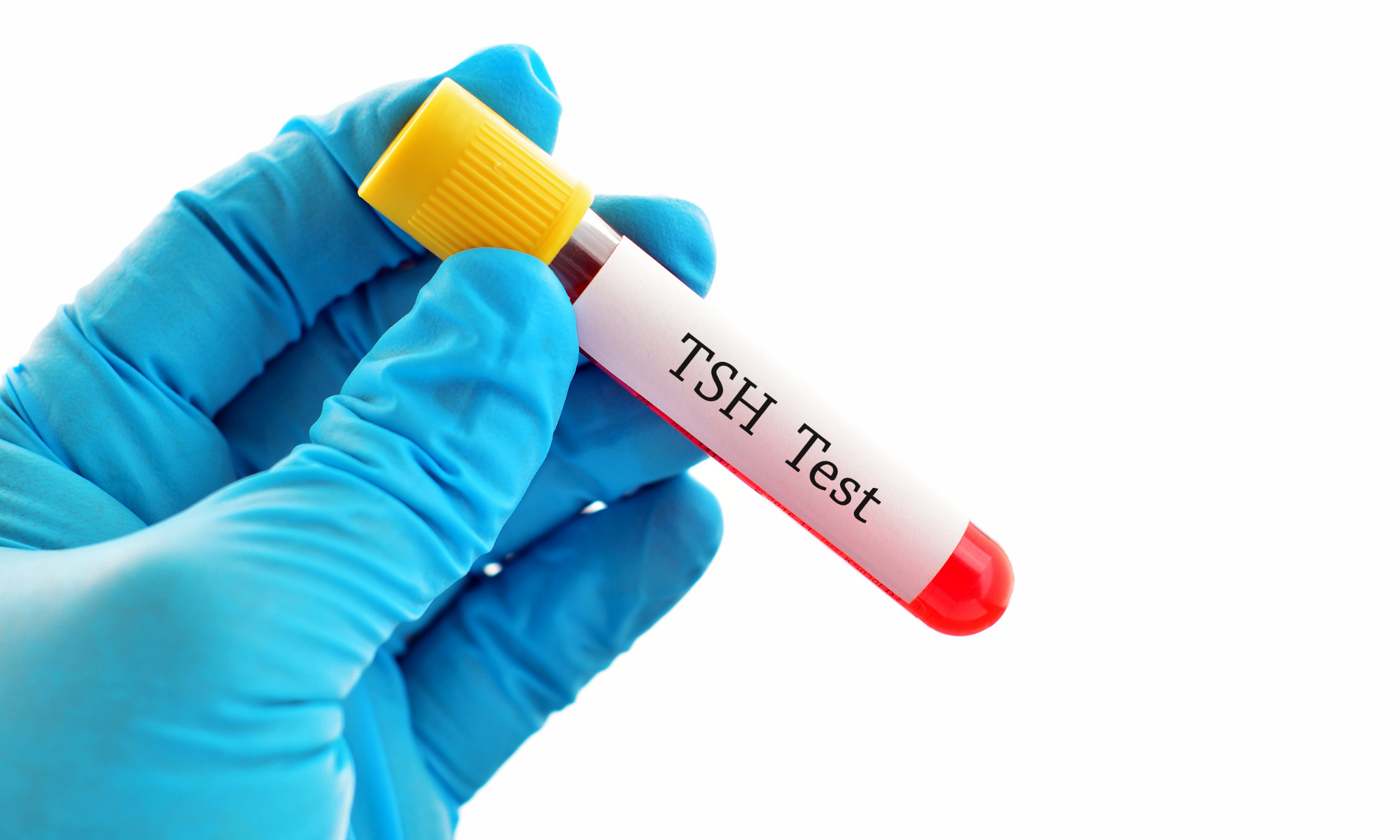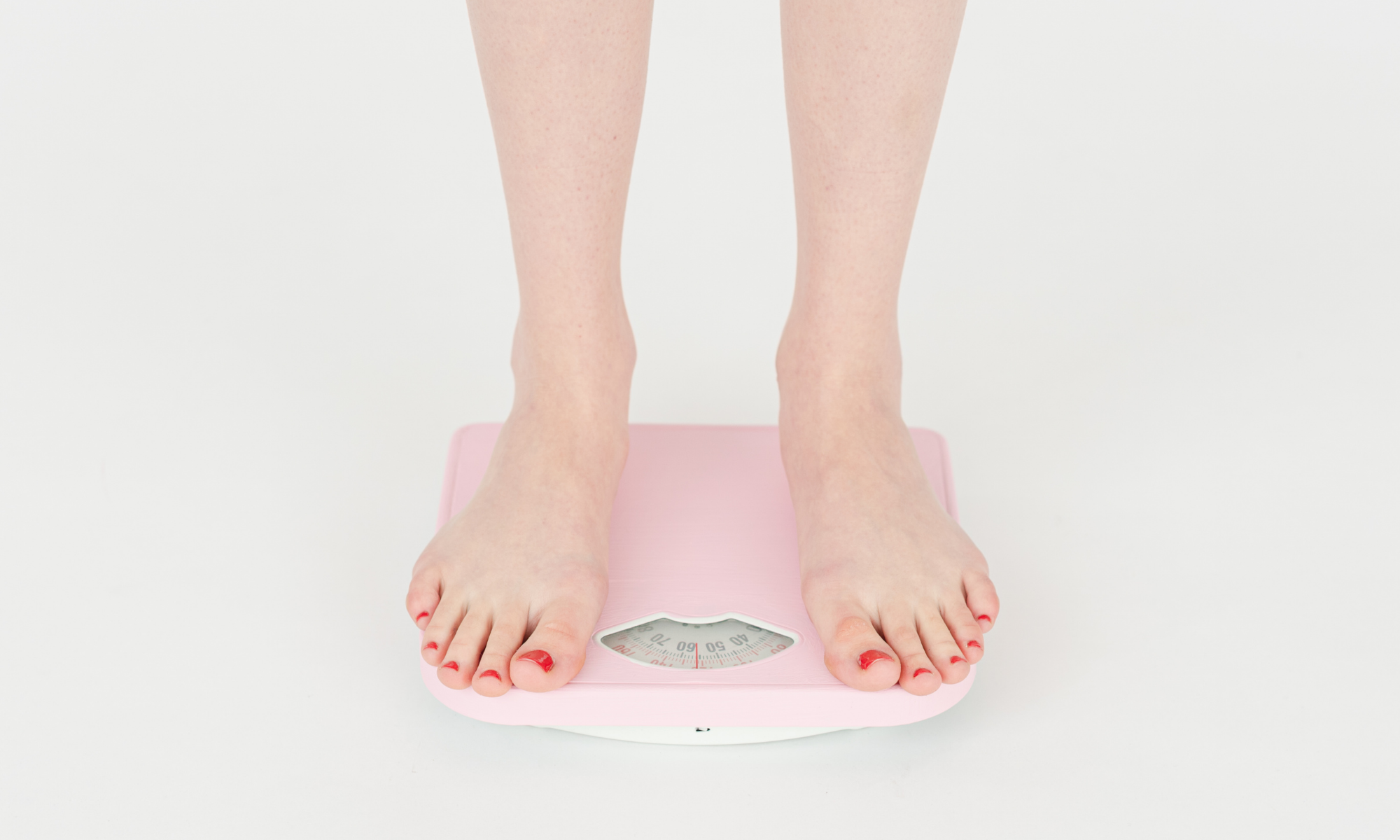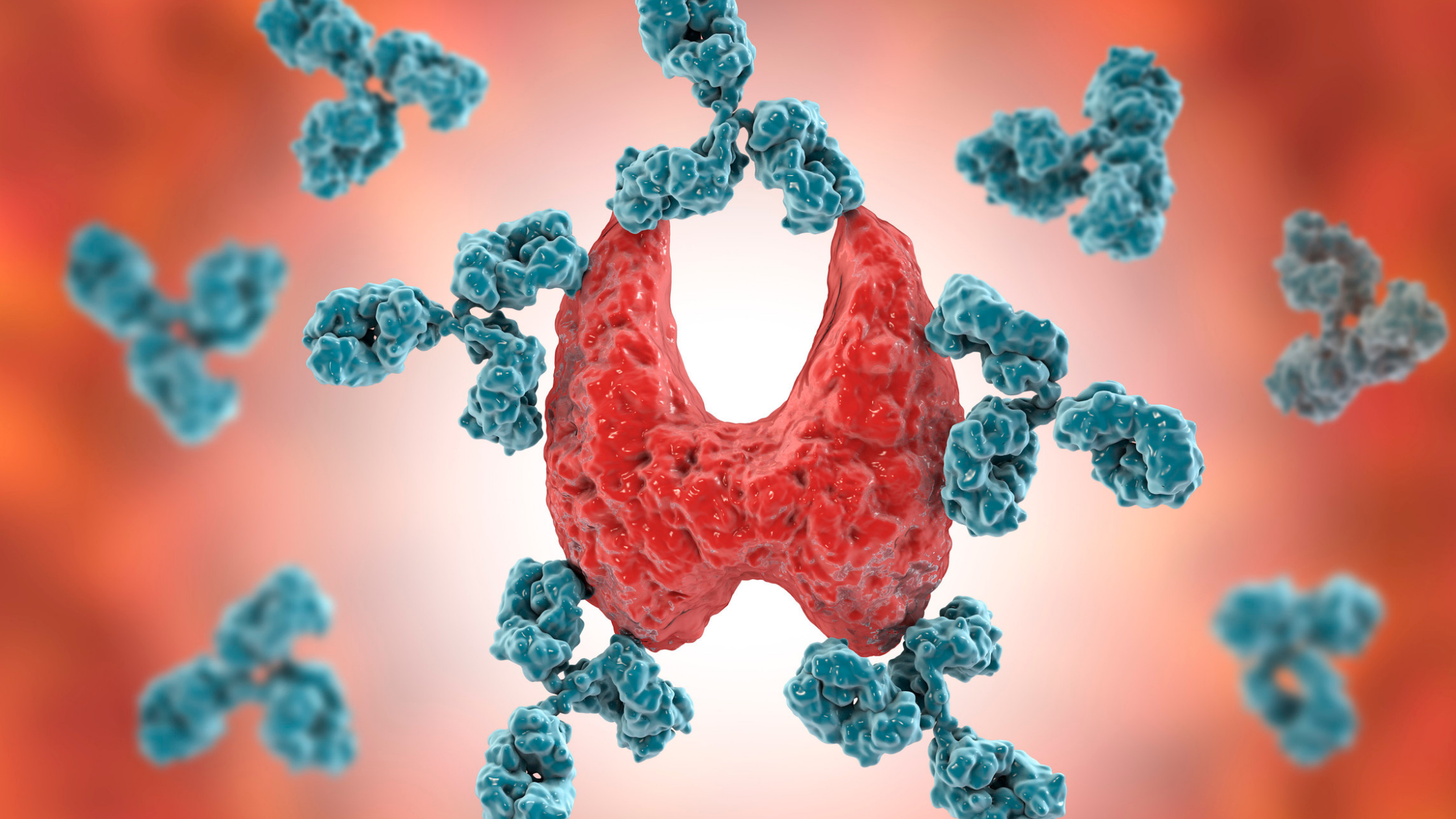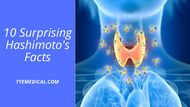10 Facts About Hashimoto’s Disease that May Surprise You
Written by TYE Medical on Feb 11th 2022
Hashimoto’s disease affects nearly 14 million people in the U.S., but it’s not as well known as other autoimmune disorders like rheumatoid arthritis. If you are familiar with the disease, you might assume it’s synonymous with hypothyroidism (an underactive thyroid gland). While the two conditions are closely linked, it’s Hashimoto’s that actually causes hypothyroidism.
Although Hashimoto’s is the leading cause of an underactive thyroid gland, not everyone with hypothyroidism has an autoimmune disease. Here are other facts about Hashimoto’s disease that you’ll be glad to know.
1. Hashimoto’s Makes Your Thyroid Grow and Shrink.
Some people develop an enlarged thyroid gland (goiter) that becomes visible in the lower neck. It continues to swell as your immune system attacks your thyroid. You likely won’t feel anything other than pressure or have some discomfort when swallowing. Some people may even need to have the gland removed. But in many cases, the gland begins to shrink as it atrophies and loses function.
2. Hashimoto’s Disease Can Cause Hyperthyroidism Too

An overactive thyroid causes hyperthyroidism and Hashimoto’s can trigger this condition also. This happens when your immune system blocks the delivery of thyroid hormone, signaling your body to produce more, which can raise thyroid hormone levels when it all floods your system. You might experience symptoms like rapid heartbeat, nervousness, and weight loss. This first hyperthyroid stage lasts about one or two months and is called Hashitoxicosis.
3. Hashimoto’s Hypothyroidism Can Be Fatal
Since your thyroid gland regulates so many bodily systems, an underactive thyroid can make you feel unwell or sick in many ways. You will continue to feel worse the longer you go without adequate thyroid hormones. But if untreated, you can experience more serious symptoms such as infertility, high cholesterol, birth defects, and miscarriages.
Although rare, a severely underactive thyroid (called myxedema) can cause coma, seizures, and even death. It’s important that you don’t take underactive thyroid symptoms lightly and seek medical advice if you experience weight gain, fatigue, sensitivity to cold, difficulty concentrating, slow heart rate, or joint or muscle pain.
4. Artificial Sweeteners May Flare Hashimoto’s

Some evidence suggests artificial sweeteners can trigger Hashimoto’s in those already susceptible to the autoimmune disease. Typically, immune-altering occurrences like pregnancy or a virus trigger autoimmune conditions like Hashimoto’s, but artificial sweeteners may also trigger it for certain people.
In 2015, the American Association of Clinical Endocrinologists indicated that 53 out of 100 people with Hashimoto’s used artificial sweeteners. The more artificial sweeteners they consumed the lower their thyroid hormone levels were. Another study even suggests that for some people, quitting artificial sweeteners can cure Hashimoto’s thyroiditis.
5. Iodine Supplements Won’t Help
It’s your thyroid’s job to produce iodine, so if it’s underactive, it seems logical that an iodine supplement would help your symptoms. But in the U.S., the average diet supplies all the iodine you need, especially if you use iodized salt. Additionally, Hashimoto’s makes your thyroid more sensitive to iodine, so getting too much could make your hypothyroid symptoms worse.
6.Thyroid Medication Won’t Solve All
Your Weight Problems
Sure, it would be nice if treating your thyroid condition would evaporate every extra pound. But unfortunately, that’s not the case. Typically, doctors prescribe the synthetic thyroid hormone levothyroxine (a.k.a. Synthroid and Levothyroid) to regulate the effects of Hashimoto’s Disease. It’s a once-a-day treatment that you continue throughout your life because there is no reversing the disease.
Once the medication begins to work, it reduces many of the troublesome symptoms but may not completely eradicate them. Your fatigue and cholesterol levels may decrease, but only about half of people lose weight. And even for those who do lose weight, it’s a modest eight to ten pounds. It’s best to remain faithful to a healthy eating plan like the anti-inflammatory diet. For tips on achieving your weight loss goals, read our article, How to Stick to Your Diet Plan and Embrace Healthier Habits .
7. Stress Can Trigger a Hashimoto’s Flare
Anything that aggravates your immune system can intensify autoimmune hypothyroidism. Stressful events or chronically high levels of stress are known to decrease thyroid hormone levels even in those without Hashimoto’s. But for those with the autoimmune condition, flareups are expected under stress and can worsen your condition as your thyroid comes under attack.
Stress that affects your immune system and thyroid can be emotional, mental, or even physical. For additional help, read our article, Stress Management for Seniors: Tips for Improving Health and Wellbeing .
8. Medications and Supplements Can Interfere with Treatment
Levothyroxine must be absorbed through your digestive system completely in order to take full effect. In addition to taking the prescription on an empty stomach, you must also be aware of when you are taking other medications and supplements that can block the absorption.
Some common supplements and drugs that negatively affect the metabolizing of thyroid hormone include:
- Proton pump inhibitors such as: Prevacid (lansoprazole), Prilosec (omeprazole), and Nexium (esomeprazole)
- Calcium carbonate
- Iodine
- Iron
- Multivitamins containing calcium and iron
- Supplements containing soy extracts
- Antacids that contain aluminum such as Alamag, Maalox, Mylanta, and Rulox
- Carafate (sucralfate)
- Questran (cholestyramine)
- Alli, Xenical (orlistat)
- Renagel, Renvela (sevelamer)
- Cipro, Proquin XR (ciprofloxacin)
- Dilantin (phenytoin)
- Gleevec (imatinib)
- Estrogens such as Premarin, Estrace, Estratab
- Cordarone, Pacerone (amiodarone)
- Rifadin, Rimactane (rifampicin)
- Evista (raloxifene)
- Carbatrol, Tegretol (carbamazepine)
- Phenobarbital
To ensure the absorption and metabolizing of your thyroid medication, separate your medications and supplements from your levothyroxine by at least four hours.
9.Gluten and Dairy Can Flare Hashimoto’s

It’s best to avoid gluten and dairy since both increase inflammation and trigger an overreaction in your immune system. This can aggravate Hashimoto’s and worsen symptoms. Also, Hashimoto’s and celiac disease often occur together, which means gluten can block the absorption of thyroid hormone in your small intestines.
10. Exercise Is Beneficial–But Be Careful!
Fatigue and joint pain are common symptoms of hypothyroidism, and this can make exercise a challenge. But if approached with caution, exercise can help your overall symptoms and strengthen your body to give you energy for daily activities.
But be sure to ease into a routine. Even if you have previous experience with exercise, your body might not react to it in the same way. You can overtax your system if you try to do too much too soon. This can send you into a flare and drain your energy too quickly. So start with low-intensity and shorter duration workouts and increase very gradually. Don’t add intensity or duration until you are very sure your body is handling it well.
Strength training two to three times per week is recommended, but it’s best to start with light bodyweight exercises and build your tolerance slowly. Aim for aerobic exercise five to six times per week but start slowly and determine how well you tolerate the intensity and duration over the course of weeks. It’s also a good idea to incorporate daily flexibility exercises like light yoga or stretching.
If you have joint pain, choose low-impact activities like walking, biking, swimming, or the elliptical.
For additional exercise tips, read our articles, Exercise for Seniors: Best Workouts for Older Adults and Workout at Home: Best Apps for Any Age (and Fitness Level)
What Is a Hashimoto’s Flare-Up?

A flare-up is when you have symptoms even though you’re receiving treatment for your condition. This is usually because you’re not getting enough of the hormone. This can happen if you’re not on the correct dosage or something is interfering with absorption. Doctors may refer to these as “breakthrough” symptoms and may need sometimes need to change your medication or adjust the dosage.
Supplements that Improve Hashimoto’s Symptoms
Certain supplements can be very helpful in managing autoimmune hypothyroidism, because they may:
- Lower inflammation
- Lower thyroid antibodies
- Relieve common nutritional deficiencies
Studies suggest the following supplements are beneficial if you have Hashimoto’s disease:
Curcumin
This anti-inflammatory and antioxidant may have the power to protect your thyroid from attack and can improve autoimmune conditions in general.
Selenium
According to research, 200 mcg of selenium each day can reduce your antithyroid peroxidase (TPO) antibodies, which can also ease your symptoms and help you generally feel better.
Zinc
This is an essential mineral for thyroid function and just 30 mg daily can improve your hypothyroidism.
Magnesium
Low magnesium levels have been linked to an increased risk of Hashimoto’s disease and elevated thyroid antibodies. But if you reverse this deficiency through supplements it can improve your symptoms.
B Complex Vitamins
If you have Hashimoto’s disease, you’re more likely to be deficient in vitamin B12. It’s recommended that you take a high-quality B vitamin complex that contains all the essential B vitamins.
Vitamin D
Your vitamin D levels are more likely to be significantly lower than most people’s if you have Hashimoto’s. Research shows a link between low vitamin D levels and Hashimoto’s severity.
Iron
You might find you feel better with iron supplementation because many people with Hashimoto’s disease develop anemia. Keeping your iron at a healthy level can boost your well-being.
Hashimoto’s Disease and Bladder Leaks
Chronic constipation and weight gain are common hypothyroid symptoms that contribute to urinary incontinence and a leaky bladder. They increase pressure in the abdominal cavity and weaken the pelvic floor that supports your bladder, causing stress incontinence.
As you and your doctor work together to manage Hashimoto’s disease, it’s important to have the right incontinence products for every leakage level. Shop TYE Medical’s online store for premium products that offer high-level comfort and protection for light to heavy leaks.



